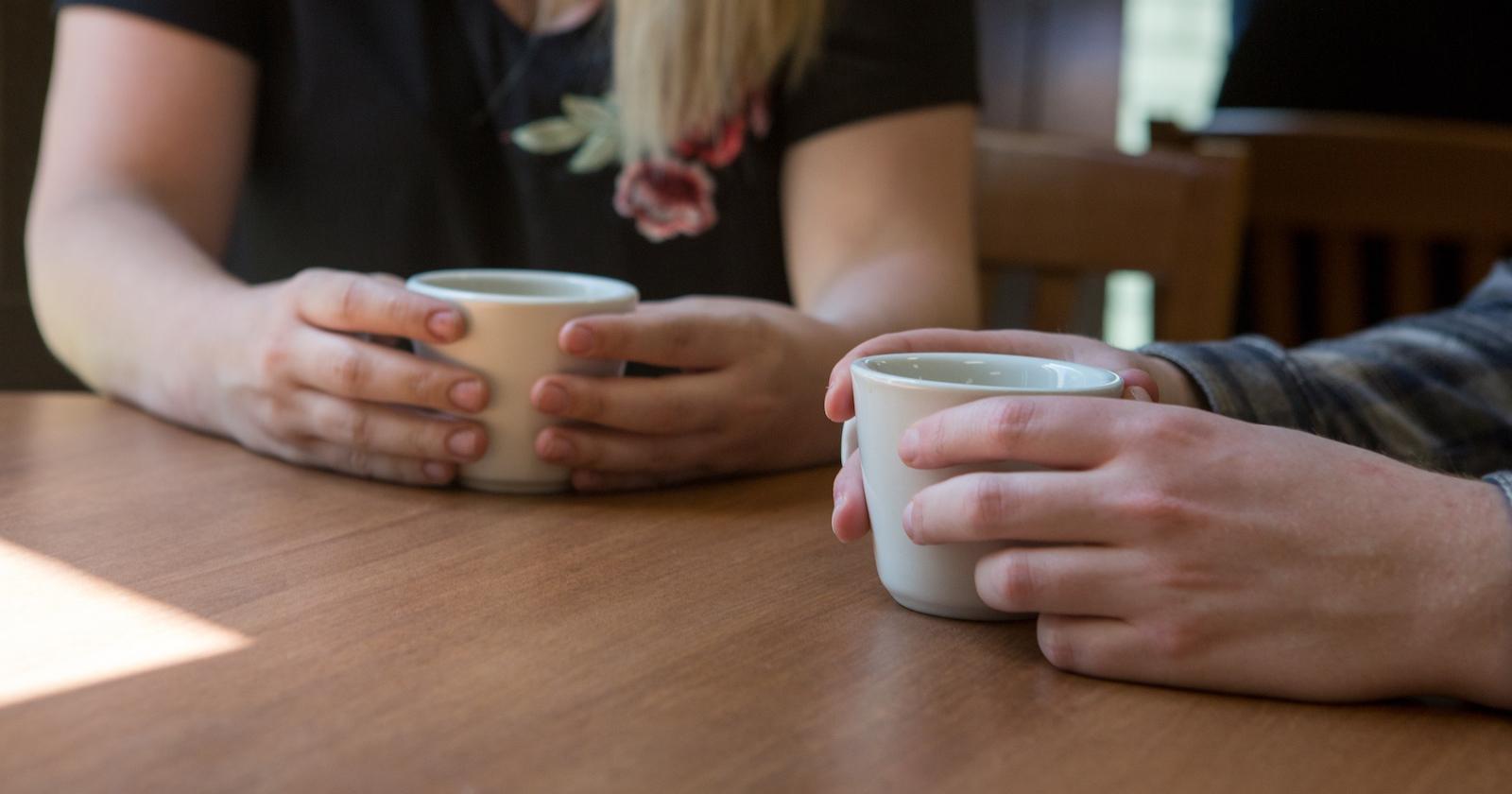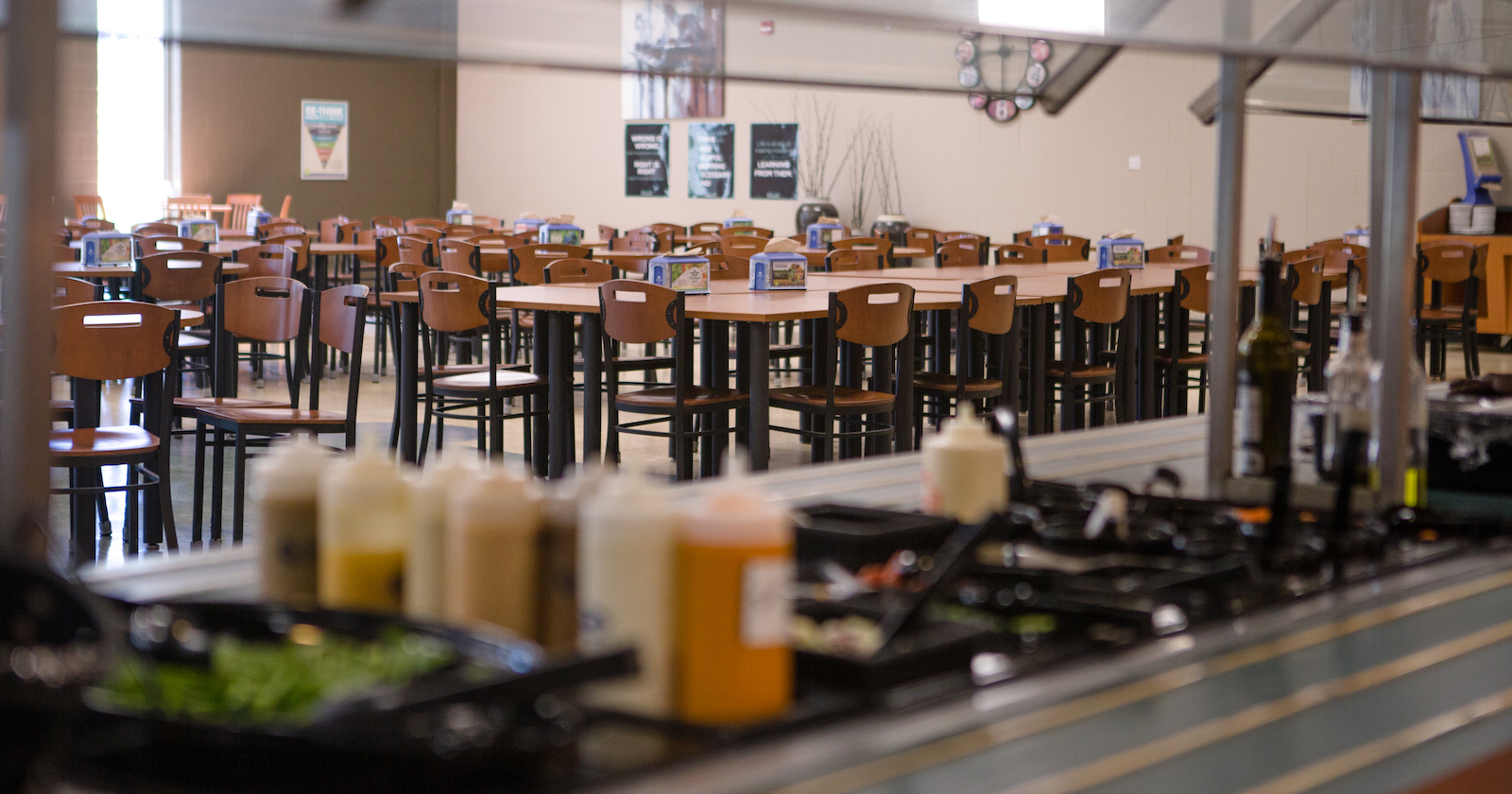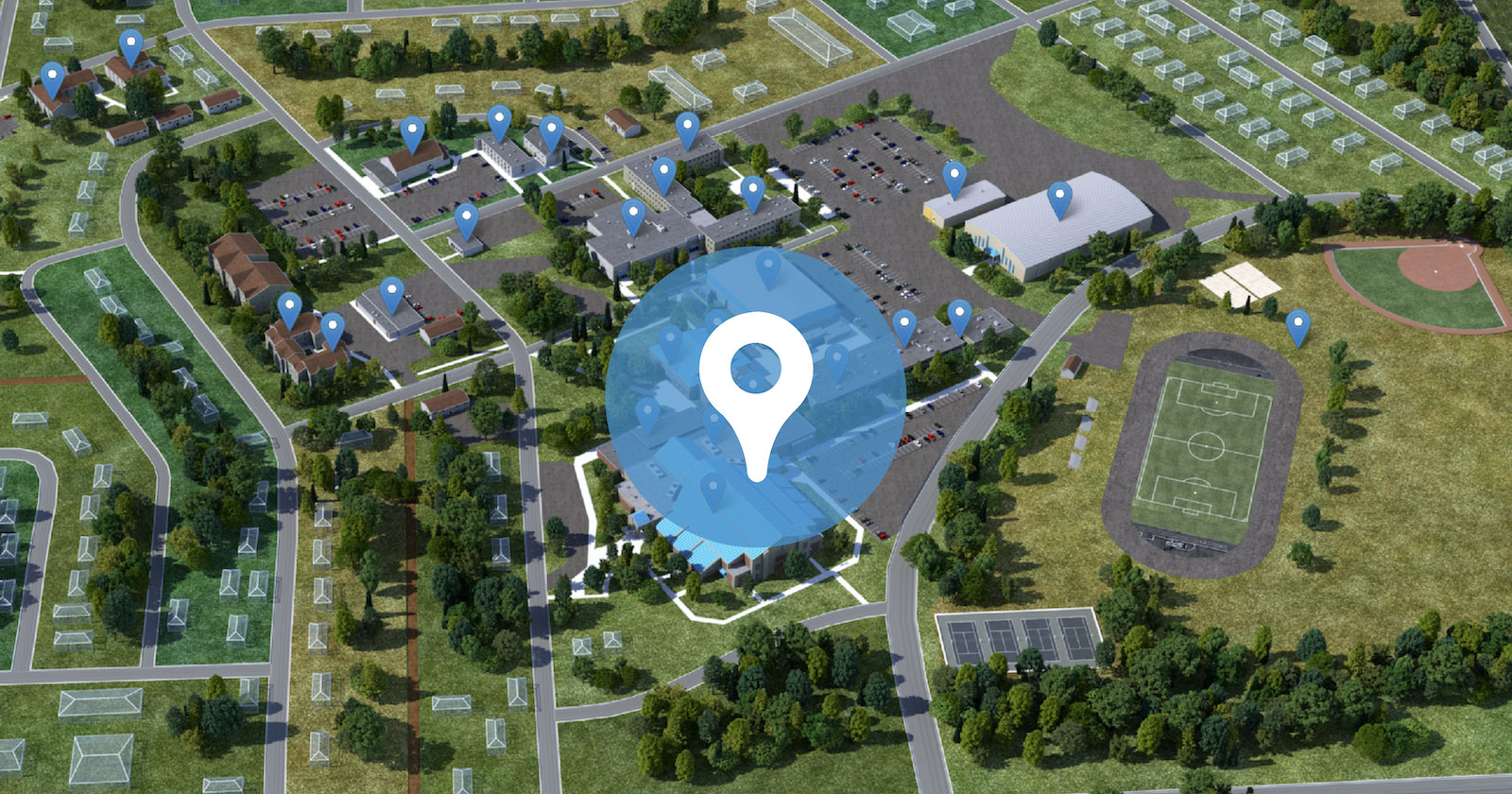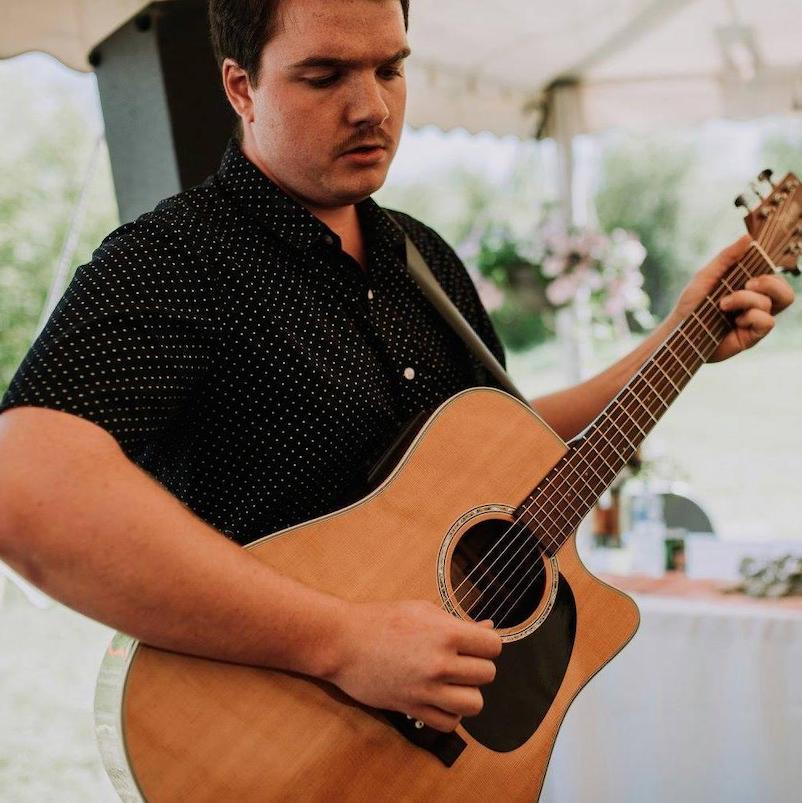
What We Bring to the Table: Finding Community in the Cafeteria
What is the first thing you think of when you hear the word ‘cafeteria’?
The first thing that comes to your mind might be older ladies in hair nets and discovering that the ‘mystery’ in mystery meat seems to be different every time.
You may think of the virtually unlimited food or the fact that your mom isn't there to tell you that you can't have another glass of chocolate milk or dessert before the main course. You also might think about the chance to meet with your friends and talk about your day.
Whatever it may be, for the majority of high school and college students at Briercrest, the cafeteria experience inevitably becomes part of daily life.
At Briercrest, the campus is equipped with a cafeteria full of caring staff who work hard to keep a healthy atmosphere for us to enjoy. From the constantly changing menu of multicultural foods to the salad bar packed with all sorts of fixings to the wonderful surprise of what would be on the dessert table (my personal favourites were banana bread, carrot cake, and oatmeal raisin cookies), our catering company Sodexo puts in the effort to meet our needs—after all, eating is a necessity.

However, it may not cross our minds very often to think that the act of eating food at the supper table is integral to the quality of our community. The supper table is an effective source of building relationships with the people around us. In the first century, a prominent Greek philosopher named Plutarch wrote: “We invite one another not barely to eat and drink, but to eat and drink together.”
You’ll hear us talk a lot about the community as a defining feature of Briercrest. One of the most tangible ways this community can be built is in the cafeteria, and here’s why.
What is waiting for us at the table?
Community under Christ
In other words – experiencing a glimpse of the life God intended for us.
Author Norman Wirzba describes eating as “the action whereby we share and strengthen life, celebrate blessings received, and enact fellowship. When we eat well with each other we perform an essential meaning of home.”
God intended for us to be in community with one another, so it is no stretch to say that the table is the perfect place to find that community.
Learn more: "What is Discipleship at Briercrest Really Like?"
Lasting memories
Eating together is a shared experience that allows us to create memories which help shape the way we relate to each other.
These memories can come from timely inside-jokes that break the silence in the room because the laughter is too strong, or discovering new perspectives on life because one of your friends dared to ask the tough questions.
Some of the memories that stand out most significantly for me are the days where we would stay a little later than we should have after the staff would close the doors at the end of the meal. We could have easily left and finished our time together in dorm, however, as Margaret Visser writes, “[this] would mean a break in the togetherness” because “the table is something to lean on, to gesture over; it expresses what everyone has in common.”
Check Out Our Campus
Ever been to Caronport, Saskatchewan? Explore our campus virtually with our interactive campus map and learn more about what we have here.

The chance to get to know people on a deeper level
What exactly do we have in common? The answer is simple: we are made in God’s image. I find it curious that we often use the table (and rightly so) to continue to build community, but we are not as eager to use the table as a starting point.
The table allows us to practice proper communication and open up intentional discussion about the things that we experience on a personal level—we learn to be vulnerable with one another.
Thomas Merton once brilliantly wrote that “[the] beginning of love is the will to let those we love be perfectly themselves, the resolution not to twist them to fit our own image. If in loving them we do not love what they are, but only their potential likeness to ourselves, then we do not love them: we only love the reflection of ourselves we find in them.”
If we keep this in mind when we approach the table, our vulnerability will express our individuality and allows us to be properly human—made in God’s image—with, and for one another.
What should we not bring to the table?
Keep technology off the table
The first thing that comes to mind is that we should keep technology off the table. Some of my favorite hobbies are cooking and baking, so I am definitely guilty of taking pictures of my food, however, tucking the phones away and turning off the TV lends a lot to the atmosphere around the table.
Satisfaction and entertainment should be found in the conversation and the intentionality of valuing the people you are with. Whether the table is full cheerful faces excited about the athletics game that evening, or the centerpiece for a deep conversation about something new you learned in class, it is important to remember that the food and the company are a luxury not to be taken for granted.
Keep pride off the table
We should also keep pride off of the table. There is no room for the impression of elitism over one another around you. Jesus calls us to break these barriers just as He did when He ate with the people that most would dare not look upon.
Do not be afraid to invite and be invited. Not everyone has experienced the rich community that others have already found, so why not take the opportunity to help someone find it? Eating together helps us to exercise our ability to love and be loved.
Keep ungratefulness off the table
Finally, ungratefulness certainly has no room at the table. Be thankful for what the host has given, because God has given the host the means to provide. The kitchen provides the perfect canvas intended to imitate God’s creative prowess: an outpouring of one’s efforts in order to give joy and nourishment to those they love. In the same way, the table is the position in which we appropriately respond to that love: we give thanks, we commune, we serve each other, and—most certainly—we do not let the efforts of the host go to waste.
Look forward to the community that you will find at Briercrest in your dorm, during class, and at a sporting event, but also look forward to finding it at the supper table—a place to rest in the good company of people seeking the Kingdom of God together.

